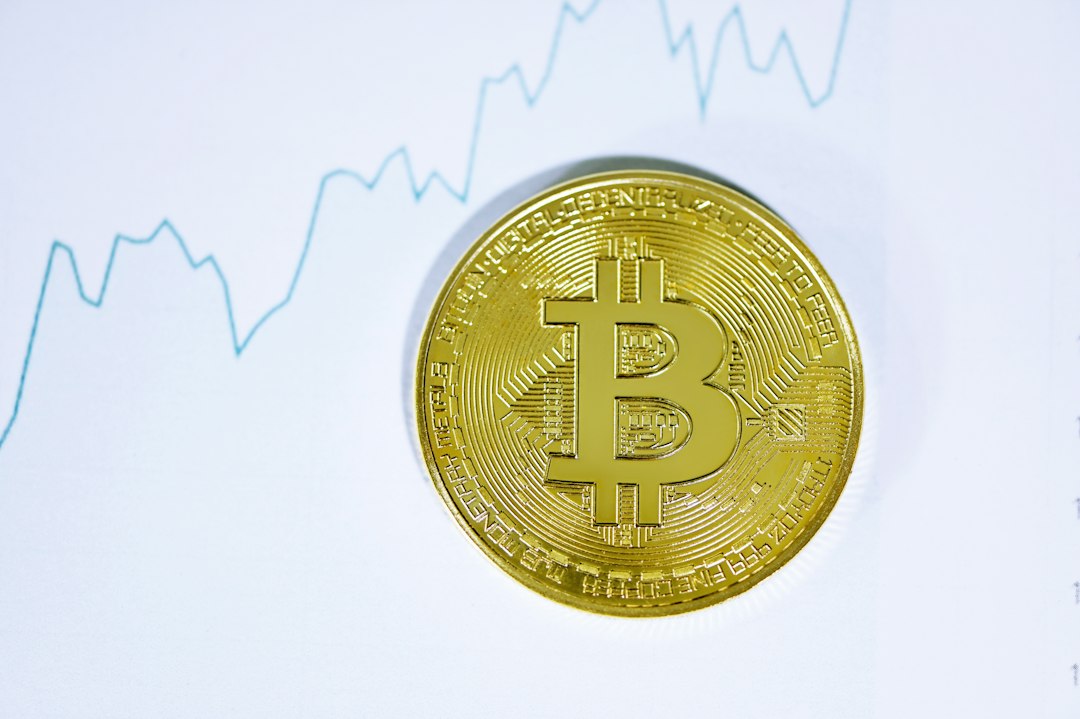Frozen funds in crypto, explained
There are several factors that can lead to frozen funds in the cryptocurrency world, including technological errors, security precautions, disagreements, investigations, and regulatory compliance. So, can a crypto exchange freeze your account?
If exchanges or financial institutions suspect fraudulent activity or money laundering associated with your account, they may freeze your funds. Freezing can also occur as a precautionary measure in response to security breaches or unauthorized access attempts.
Disagreements or ongoing investigations can also result in frozen funds until the issue is resolved. Temporary freezes may also happen due to technical problems with the blockchain or exchange infrastructure. For example, Binance temporarily suspended Ethereum and ERC-20 token withdrawals in 2022 due to the Merge.
If you experience frozen funds, it’s important to contact the relevant platform or service provider immediately to identify and resolve the issue. Follow their guidelines and instructions to address and potentially unfreeze your funds.
Does the principle of immutability apply to frozen crypto assets?
The principle of immutability is fundamental for financial applications involving tokenized assets or cryptocurrencies. It ensures that the value and ownership of an asset remain transparent and unchangeable once it is frozen or stored on the blockchain.
Immutability is comparable to being locked in ice, creating an unalterable condition that preserves the durability and integrity of assets on the blockchain. It protects against unauthorized modifications or tampering with frozen assets and maintains the accuracy of transaction history.
Circumstances leading to cryptocurrency freezing
Legal and compliance investigations
Regulatory bodies freeze assets related to cryptocurrencies during investigations into fraud, money laundering, or terrorism financing. This action aligns with Know Your Customer (KYC) and Anti-Money Laundering (AML) regulations, allowing law enforcement to halt transactions and investigate suspicious activity.
Court orders and judicial proceedings
Cryptocurrency assets can be frozen by court orders in disagreements, litigation, or criminal cases. This prevents the transfer or sale of assets until the conclusion of court proceedings or decisions.
Regulatory enforcement actions
Regulatory bodies like tax authorities or financial regulators may freeze assets as part of enforcement actions against individuals or companies violating financial regulations. This ensures compliance and enables appropriate inquiries.
Security measures by crypto exchanges or wallet providers
Cryptocurrency exchanges or wallet providers may freeze assets as a precaution against unauthorized access attempts, suspicious activity, or security breaches. This safeguards user funds and prevents potential losses due to security flaws.
Stablecoin depegging
Platforms may freeze transactions involving a stablecoin if it loses its peg to its underlying asset (e.g., the United States dollar). This is done to prevent further destabilization or evaluate the situation.
How can cryptocurrencies be frozen on a blockchain?
Centralized exchanges and wallets
Centralized platforms have the authority to freeze assets under their control. They can suspend accounts or transactions due to security concerns, legal requirements, or compliance issues. While this allows for quick freezing of funds, it raises questions about central authority and trust.
Legal and regulatory interventions
Lawmakers can impose restrictions or legal orders that force financial institutions or exchanges to freeze specific cryptocurrencies. This ensures compliance with jurisdictional laws and established legal frameworks. For example, China has cracked down on cryptocurrency trading and mining through such interventions.
Smart contracts
Smart contracts on blockchain networks can facilitate freezing mechanisms through code. They can include provisions that freeze assets based on predetermined scenarios, such as non-compliance or dispute resolution. This decentralized method automates freezing according to preset criteria, eliminating the need for central authority intervention. Some decentralized finance (DeFi) protocols use smart contracts to enable asset freezing under certain conditions, such as loan default or contract violation.
Ethical concerns regarding freezing assets in a decentralized system
Balancing the need to prevent illicit activities with preserving decentralization and individual autonomy presents ethical challenges in managing asset freezes within decentralized systems.
While assets may need to be frozen to stop illegal activity or breaches, doing so in a decentralized system raises concerns about justice and governance. One ethical issue is the potential abuse of freezing power by a small group or entity, undermining decentralization and consolidating power.
Using smart contracts to freeze assets may not provide the flexibility required for thoughtful decisions under challenging circumstances, potentially leading to unfair or irreversible actions. Additionally, the irreversibility of some blockchain transactions creates moral problems as it becomes difficult to correct errors or deal with unforeseen consequences once assets are frozen.
Technical difficulties in implementing freezes without compromising decentralization
Implementing freezes without compromising decentralization poses technical challenges. Blockchain data is immutable, making it difficult to change or freeze transactions without compromising system integrity. While smart contracts are often used for freezes, they may not adapt well to changing conditions or legal mandates without creating new central control points.
Coordinating consensus within a decentralized network for transparent, timely, and widely accepted asset freezes is also challenging. Striking a balance between upholding decentralized ideals and implementing effective and compliant freezes requires technological innovations in smart contract adaptability, blockchain governance, and consensus mechanisms.
Hot Take: The Complexities of Frozen Cryptocurrency Assets
Frozen funds in the world of cryptocurrencies can be caused by various factors, including security measures, investigations, and regulatory compliance. While freezing assets is a necessary step to prevent fraud and illicit activities, it also raises ethical concerns and challenges in decentralized systems.
The principle of immutability plays a crucial role in frozen crypto assets, ensuring transparency and protecting against unauthorized modifications. However, technical difficulties arise when implementing freezes without compromising decentralization.
As the cryptocurrency industry continues to evolve, finding the right balance between security, decentralization, and individual autonomy remains an ongoing challenge. Technological innovations and careful considerations are needed to address these complexities and maintain the integrity of frozen cryptocurrency assets.





 By
By
 By
By
 By
By

 By
By
 By
By